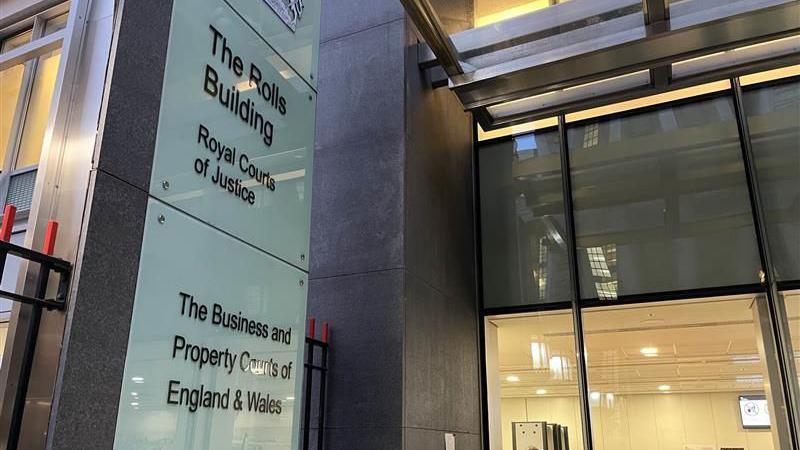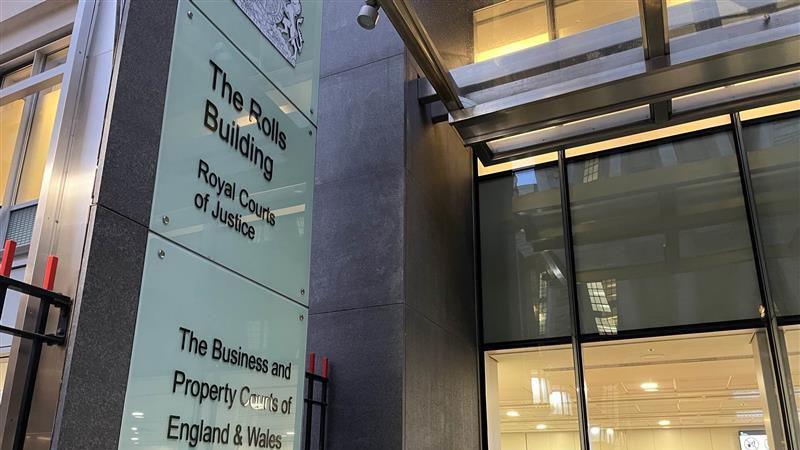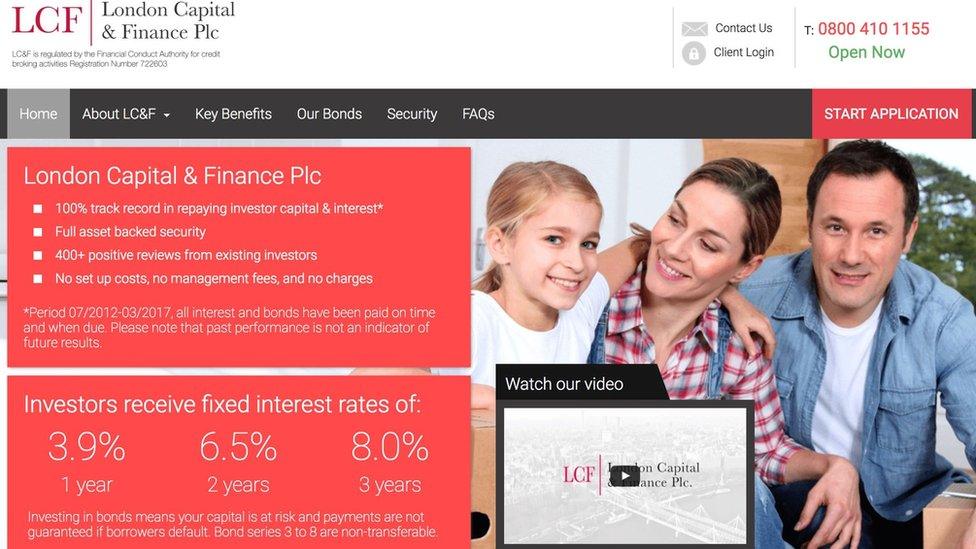Fraud was biggest ever Ponzi scheme, court hears

People who were involved in London Capital & Finance have been ordered to pay hundreds of millions back
- Published
Five men behind a fraud which was branded the "largest Ponzi scheme in British history" have been told by a High Court judge they are liable to pay back almost £400m.
Two directors of London Capital & Finance were found liable to pay £180m, while another three men who provided "dishonest assistance" were liable for £211m, The High Court of Justice in London heard.
Mr Justice Robert Miles said it was "very unlikely" that the defendants involved with the fraud, which had its roots in Sussex, would be able to pay the amount.
LCF raised £237m from more than 11,600 investors by issuing mini-bonds between 2013 and May 2018.
Investors thought they were putting money into UK small and medium-sized businesses, the High Court heard.
Instead, Mr Justice Miles concluded that money raised was misappropriated to make payments to people connected to the company.
LCF operated as a Ponzi scheme to pay old bondholders with new bondholder's money before going into administration in 2019.
A hearing in November found CEO Michael Thomson and associate Spencer Golding liable for breaches of duties as directors. The judge on Friday said they were liable for £180m.
John Russell-Murphy, from Eastbourne, Paul Careless and Robert Sedgwick, were liable for £211m, the court heard.
Previous court documents stated that the directors used money to buy property, supercars, pay for luxury travel and make donations to the Conservative Party.

Marketing material promoting LCF
Surge Financial, which was based in Brighton, took a 25% commission from LCF to market the mini-bonds across the country.
The court heard that the company, which was run by Careless, received between £60m to £65m from LCF.
Stephen Robins KC, representing the claimants, told the court that without Surge Financial, the fraud "wouldn't have happened at this scale".
Careless' "greed" drove LCF to become "the largest Ponzi scheme in British history," Mr Robins KC said.
Owen Curry, representing Careless, said his client did not know about all the aspects of the fraud so should have been liable to pay less.
Defendants usually have 14 days to pay before administrators can take enforcement action.
Related topics
- Published14 November 2024

- Published9 March 2019

- Published17 December 2020
